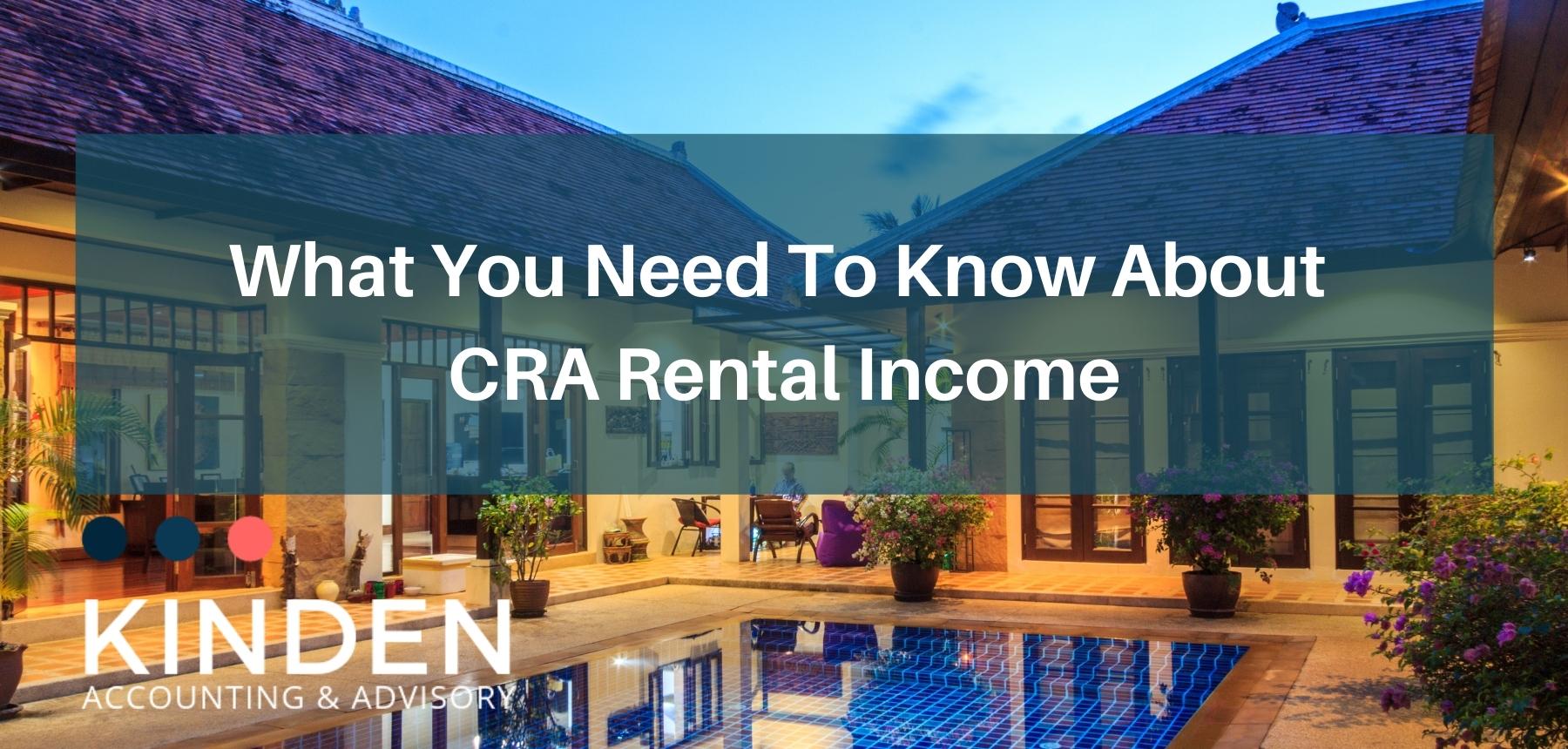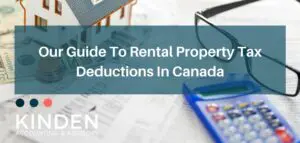
The rental business can be a real ‘grind’, especially, if you are trying to get it all done yourself. It is by no means easy but it can be extremely lucrative with the right financial guidance.
This is why we have prepared a guide specifically for Canadian property owners that earn rental income through the properties they own. Whether it is subliminal income or the means by which you make a living this guide is likely to be quite helpful.
We will go through the information that relates to rental revenue from real estate and also highlight the different types of Canadian rental properties.
By the end of this guide, you will be able to have a clear understanding of how gross rental income works and how current expenses, capital expenses, and net rental profit or loss are calculated in accordance with CRA guidelines.
What is Rental Income?
Rental income is any payment you receive for the use or occupation of your property. Rental income is earned through renting your property on a day-to-day, monthly, or yearly basis. Depending on your type of renting contract your income will be subject to monthly tax payments.
Claiming CRA Rental Income – Why Is It Important?
Canada Revenue Agency oversees the laws of rental income and property taxes. The CRA website can be used to find relevant information about various rental property reporting requirements. This can help you gain a deeper understanding of how monthly tax payments are calculated on your rental income.
One can also fill out Form T776. This Statement of Real Estate Rentals allows your rental income to be classified as rental property income or business income. This will be necessary to specify especially when filing for income tax returns or property tax returns which we will learn about shortly.
The filing requirements of CRA need you to claim rental income on your income taxes. The monthly rent payment from your property is classified as earned income. The type of properties included in this are houses, apartments, rooms, office space, and other real or movable property.
Properties that are owned by more than two people are subject to taxes according to share of ownership. The properties that are not included are those in which you are in a partnership with another person for commercial purposes. In this regard, these will be classified as business properties and have a different set of tax laws applied to them.
The duration of the rental, whether it is for a single day, a week, or a month, does not exempt the rental payments from being claimed on your income tax return. It will also include earnings on entrepreneurial opportunities such as Airbnb rental income, income suits, and any other short rentals, that will earn an income.
Non-residents receiving rent are also supposed to file for rental income tax. Non-resident earning rental income will be subject to 25% tax on the gross rental income. This is called the Non-Resident Tax. And these payments will be made to your non-resident account number.
Failing to claim rental income will be considered a form of tax evasion and you will have to pay a negligence penalty. As a consequence, more and more landlords are hiring property managers to ensure that their accounts are in order.
Exceptions to Claiming Rental Income
The only exception where you will not have to claim rental income on your income taxes is when you offer your property for rent below the fair market rates. This means that you are going to charge a rental payment that is well below the amount being charged by landlords that own property similar to your property in the nearby locality.
These kinds of arrangements are seen when family members rent their properties to each other on rent that is significantly lower than the fair market rates. This way the family member can live in the home and the owner does not have to claim it on their tax return.
Although this can result in tax savings, you will not be able to claim rental expenses or rental losses on your tax return. You will also not be able to claim deductible expenses.
The government considers this situation to be a “cost-sharing arrangement”.
What Happens If I Don’t Claim Rental Income?
If you fail to pay taxes as a Canadian resident receiving rent, or a non-resident receiving rent then the total amount owed will be subject to interest.
The CRA will implement the penalties and fines on you for not filing taxes. The amount will be calculated from the time when the rental income should have been reported. If you have failed to report your rental income you should report it as quickly as possible so you are subject to a minimum penalty.
Withholding your rental income from the CRA not only leads to financial consequences, but it also means that you miss out on valuable deductions such as mortgage interest exemption.
How to claim rental income (Using for T776)
Form T776 should be duly filled by the landlord to claim rental expenses and income. The form should include the information of monthly rent collected from tenants as rental income in the ongoing tax year. The filer can also claim deductions for any rental expenses of the property. Some of the most common expenses are mortgage insurance, utilities, and home insurance.
What types of expenses are related to my rental property?
Typical rental expenses include advertising, insurance, interest, legal & accounting costs, management & strata fees, maintenance and repairs, property taxes, utilities, and any relevant travel costs related to maintaining the rental property. All the relevant expenses incurred should be documented by receipts.
These expenses help in calculating deductions and allowances such as to claim capital cost allowance which is adjusted for different classes of depreciable property.
You can also get valuable deductions on these expenses such as your property’s monthly mortgage payments can be exempted from interest. Maintenance costs and expenses for utilities are also subject to deductions. The total cost of office expenses can also be included in the deductible expense. In short, deductions can provide you with the largest benefit when filing for rental income tax.
Claim Your Rental Income By Hiring A KINDEN Professional Accountant
Filing your rental income can become a confusing affair when you have multiple properties to manage in the real estate market. At Kinden Accounting we make sure that your rental income claims are handled most professionally. We will file your claim on your behalf and provide you with the best possible tax solutions. The property management fees offered at our firm are market competitive so you are assured to get the most value for your money.
Our bookkeeping services make sure that your claim is filed properly and you are able to receive all the tax benefits while renting out your property.



